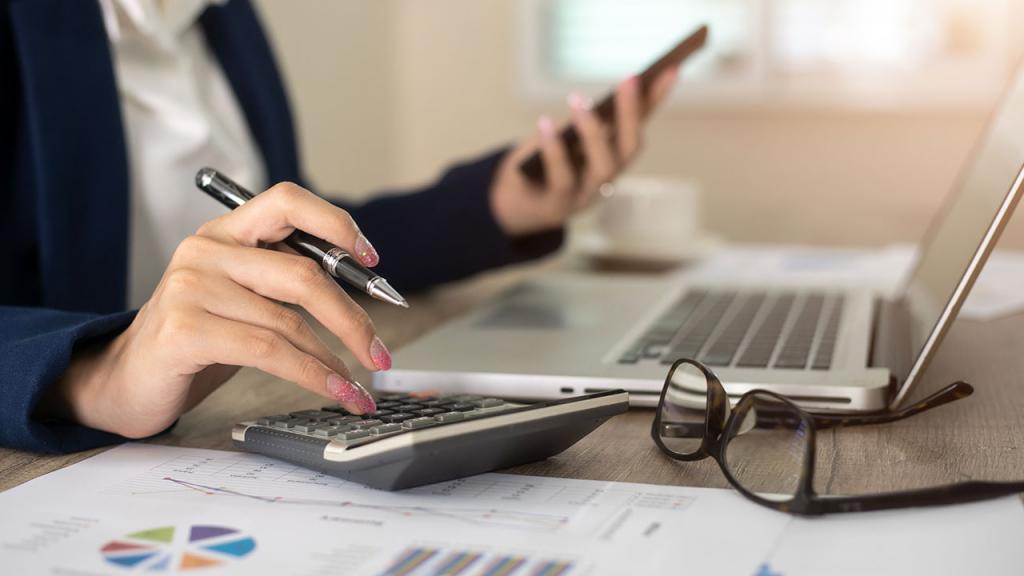Individual entrepreneurs have the opportunity to reduce the amount of tax contributions by applying a deduction. To do this, you must meet certain conditions. Read about the deductions and how to get them in the next article.
The main types of tax deductions for individual entrepreneurs
A tax deduction is understood to mean the amount by which a citizen (individual income tax payer) has the right to reduce the tax burden. The following types of uses and methods for calculating the deduction exist:
- Standard.
- Social.
- Property
- Investment.
- Professional deductions.
The individual entrepreneur can use these deductions along with the employee. However, for this he should work on the general taxation system, that is, pay 13% of the tax to the state treasury. Therefore, individual entrepreneurs who work on the simplified tax system, PSN, UTII, or the Unified Social Tax Administration cannot count on deductions. The exception is those individuals who simultaneously work for hire. Consequently, the tax deductions in question are paid not only to individual entrepreneurs, but to all citizens who are employed.
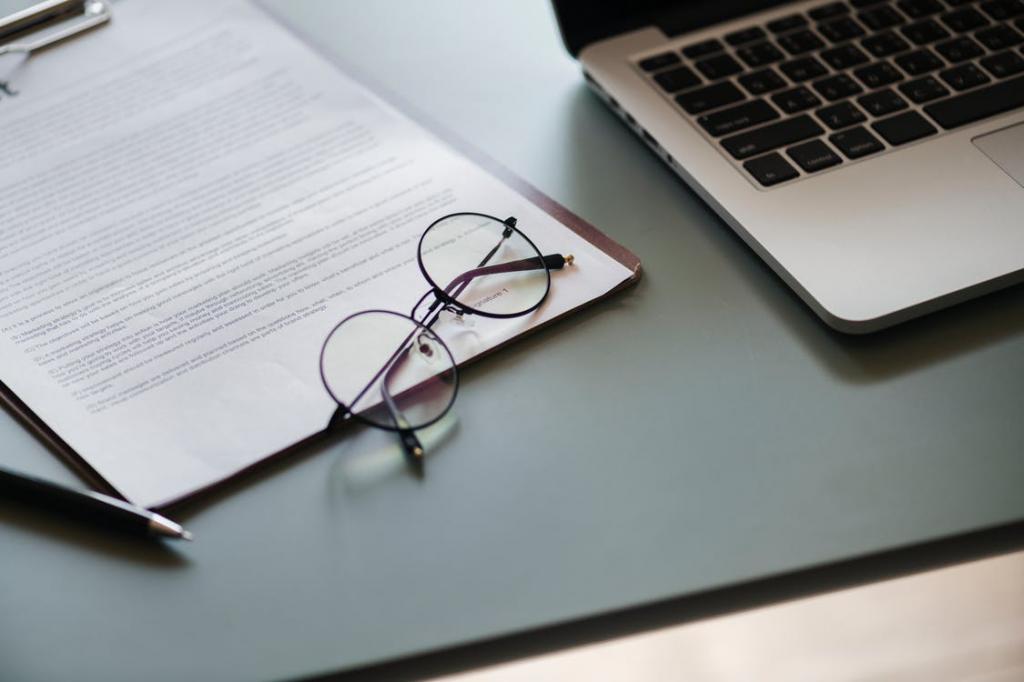
Standard
The payer of personal income tax is entitled to rely on the following amounts of reduction in the tax base:
- 500 rub if you have the status of a Hero of Russia or the USSR, state gentleman. awards and so on.
- 1 400 rub. - for the 1st and 2nd child.
- 3 000 rub. - for the 3rd and subsequent child, as well as for invalids of the Great Patriotic War, participants in the liquidation of the accident at the Chernobyl nuclear power plant.
- 6,000 - 12,000 rubles. parents or legal representatives of pupils and students (up to 24 years old).
Social
Individual entrepreneurs working under the general taxation system, social deductions are provided for treatment, children's education or their own education, for donations, as well as pension contributions.
The deduction is made for the amount of actual expenses. Not more than 120 thousand rubles are subject to accounting. Therefore, it is possible for a student - SP or a parent - SP to receive up to 15 600 rubles. for each academic year. It should be understood that the legal representative of the child (the guardian or trustee) can count on compensation, but not grandparents.
A similar amount can be obtained for the costs of treating yourself or your next of kin. The following expenses are subject to accounting:
- Payment of services honey. institutions.
- Purchase of drugs.
- Contributions for honey. insurance.
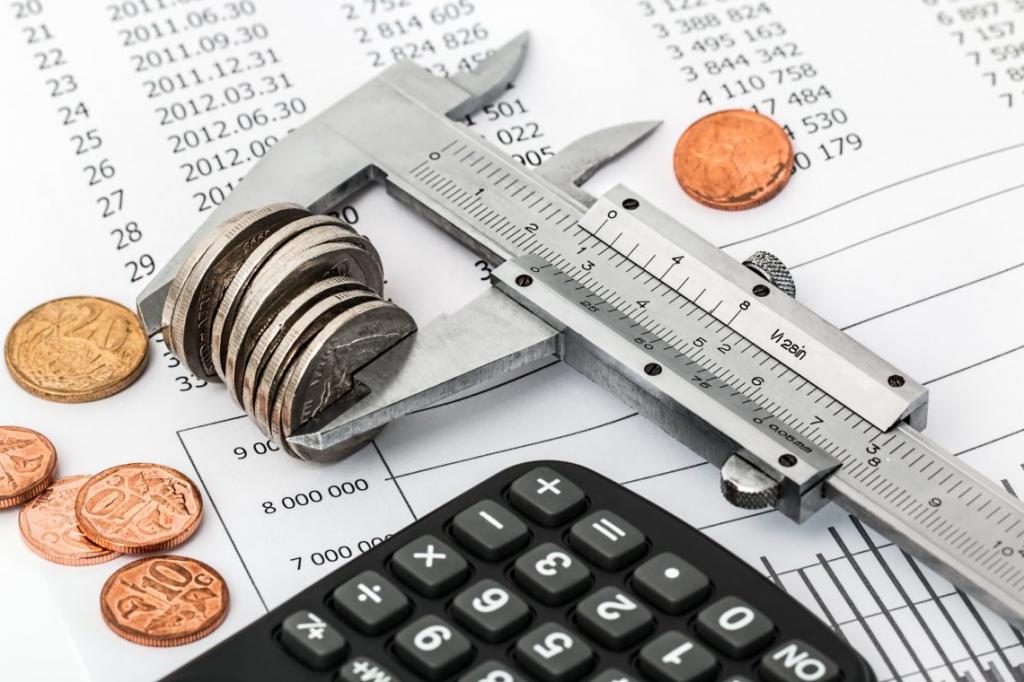
Property
The deduction helps lower the tax base for individual entrepreneurs in the following cases:
- When buying real estate.
- In the construction of housing.
- Land for state. needs
- Repayment of interest on mortgages.
The maximum amount with which the deduction is paid is 2 million rubles. In the case of repayment of interest on a mortgage, the amount is 3 million rubles. The deduction is granted until the maximum possible amount has been paid. After that, applying to the tax office to receive a deduction on a new real estate transaction will be rejected.
Investment
Individual entrepreneurs engaged in investing money for a long period can also receive investment professional deductions. In this case, the base is reduced by the following amounts:
- The difference between the original value of the apartment and the resulting sale, if the ownership was less than 3 years.
- Funds contributed to the investment account for the tax period.
- Total income received from investment deposits.
Professional
Business expenses incurred can also be reduced through professional tax deductions. Compensation is paid when documentary evidence is provided or without it.Documents in this case can be invoices, checks, invoices, contracts, and so on. The tax base is the difference between income and expenses. If expenses are not documented, then 20% of income is deducted.
The costs include: the purchase of goods, fuel, working equipment, office supplies, rental of premises, payment of housing and communal services, employees' salaries, tax fees and insurance premiums, state duties, other payments. This list is similar to that given in the Tax Code (Articles 253-269) for organizations that calculate income tax.
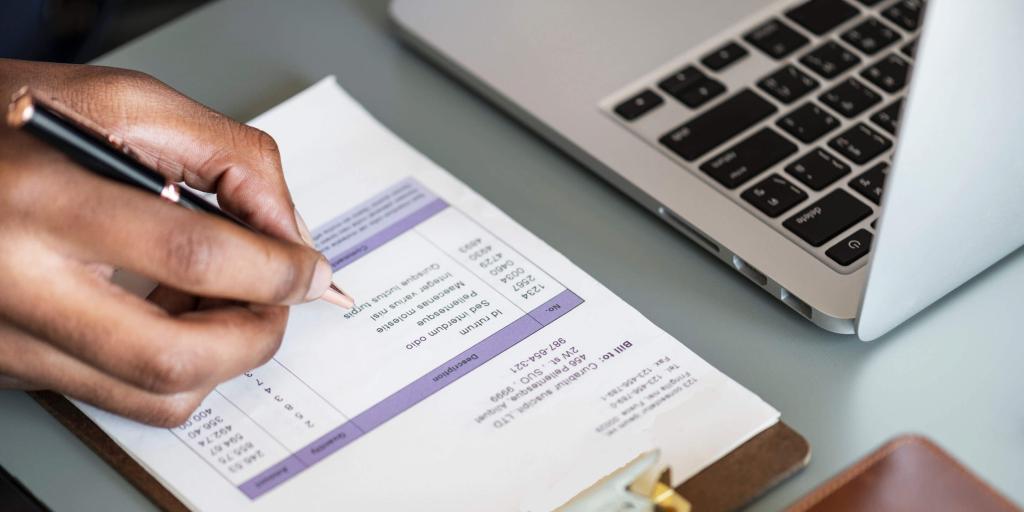
An individual entrepreneur considers expenses to apply professional deductions on his own. Documents that confirm expenses are subject to certain requirements. These include the availability of the necessary details (signatures, stamps, TIN, PSRN, KPP, legal address, purchase information, amount). Costs must meet the requirements of:
- Being economically sound, that is, without them it was impossible to make a profit.
- Have documents as evidence.
- The purpose of the expenses was to make a profit.
The reasonableness of costs may be called into question. These points are decided by the tax inspector who carries out the audit. Often this happens when the profit from the activity is zero or there are losses. If a dispute arises, it is possible to go to court. This authority most often takes the side of the tax payer. This is due to the fact that the law does not provide a list of principles of economic feasibility.
For a more complete understanding of how professional deductions from confirmed and unconfirmed expenses are considered, it is advisable to consider examples.
Example No. 1: confirmed expenses
The income of an individual entrepreneur amounted to 200 thousand rubles. Moreover, he had to spend 80 thousand rubles. For this amount he has the necessary supporting documents: receipts and checks. Therefore, he can count on the entire amount of expenses from which a professional personal income tax deduction will be applied. It turns out: 200,000 - 80,000 = 120 thousand rubles. It is from this amount, and not from 200 thousand rubles, that IE will have to pay personal income tax in the amount of 13%.
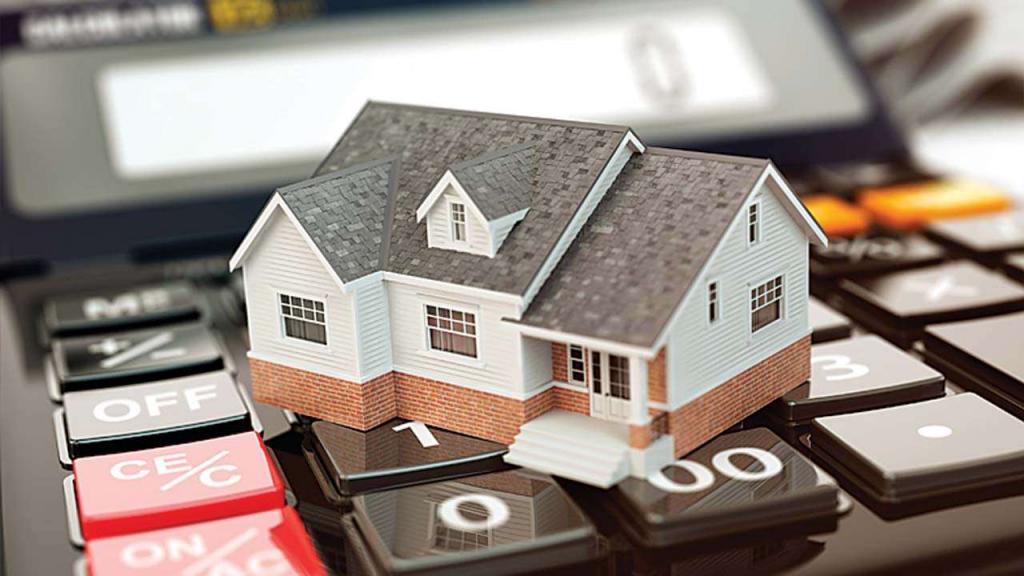
Example 2: Unconfirmed expenses
You can consider the same situation in which 200 thousand rubles were earned. and spent 80 thousand rubles. However, unlike in the previous case, an individual entrepreneur cannot confirm expenses with payment documents. Therefore, he can rely on a professional tax deduction for personal income tax only in the amount of 20% of all income. It turns out: 200000 * 20% = 40 thousand rubles. Income can only be reduced by this amount. Thus: 200,000 - 40,000 = 160 thousand rubles. With this amount you have to pay personal income tax.
Example 3: Confirmed and Unconfirmed Expenses
An individual entrepreneur may wonder whether it is possible to use both confirmed and unconfirmed expenses. The answer in this case is unequivocal: impossible. This can be shown in the following example.
With a personal income of 200 thousand rubles. supporting documents are available in the amount of 30 thousand rubles. It can be seen from the previous example that with this income, the amount of the professional deduction for unconfirmed expenses is 40 thousand rubles. Therefore, to indicate supporting documents in this case is disadvantageous. It is better to use your right to a deduction for unapproved expenses of 20%.
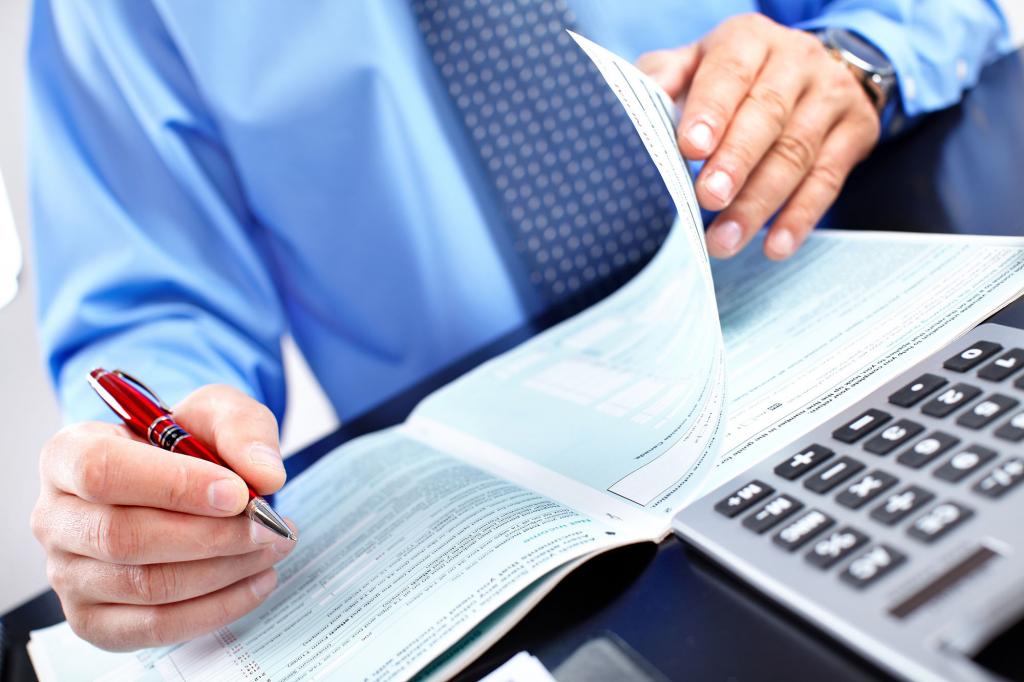
How to get a deduction
For this purpose, it is necessary until April 30 to file a declaration with the tax inspectorate in accordance with form 3 of the personal income tax. Professional deductions are calculated based on it. The declaration contains data for the previous tax period: both expenses and income.
Documents confirming the right to deduction must be attached to the declaration.Despite the fact that the Tax Code does not provide for such a provision, in practice inspectors may not accept a declaration without these documents.
GPC deductions
Both an individual and an individual entrepreneur have the right to work on GPC and receive professional tax deductions on it. Such contracts include a contract, the provision of services, an agency contract. But it’s unlikely that it can be applied to a lease agreement. But you can try to defend your right through the courts.
Fiz. the person independently determines the costs under the GPC agreement. The same applies to documents and the composition of expenses. A professional deduction to an entrepreneur can be set off through a customer, which can be a legal entity. person or individual. To receive the deduction, you must submit an application with supporting documents on expenses.
If work is performed for physical. persons, the deduction can only be obtained from the tax office. Then provide the declaration of 3 personal income tax. The same rule applies to IPs operating on GPC. In order to avoid confusion between expenses and income, the entrepreneur should keep separate records of the main activity and under the GPC agreement. Professional deductions for individual entrepreneurs can be counted only from the amount of income under the GPC agreement.

Deductions for copyright holders
Tax compensation can get physical. persons or individual entrepreneurs who receive remuneration as authors for the performance or other use of literary, scientific works, works of art. This also includes discoveries, inventions and industrial designs.
If the deduction is calculated by an individual entrepreneur, then he should distinguish between income and expenses of royalties and main income. If there are no supporting documents for royalties, then they act in the same way as for unconfirmed deductions. Article 221 of the Tax Code sets forth standards for royalties in the form of a percentage of the amount of income. The following example will help you better understand this issue.
Example No. 4
Fiz. face came up with a video course. It can be called a video. In this case, the proceeds from the sale will be considered royalties. Without documents, a professional deduction will be 30%. For example, if sales amounted to 200 thousand rubles, then you must first calculate the unconfirmed income: 200,000 * 30% = 60 thousand rubles. After that, the amount with which personal income tax is paid is considered: 200,000 - 60,000 = 140 thousand rubles.
If there are documents confirming expenses in excess of 60 thousand rubles, then it is more profitable to provide them in order to receive a larger tax deduction.
Deductions to lawyers
According to article 221 of the Tax Code, lawyers are entitled to receive tax deductions in the amount of expenses, which are documented. For this, a number of conditions are required. Expenses must be made upon, confirmed by relevant payment documents and are associated with the receipt of income.
What expenses will be included in professional deductions for lawyers, taxpayers decide for themselves, but based on the provisions of Chapter 25 of the Tax Code "Corporate Profit Tax".
For example, hospitality expenses in the form of a meeting, buffet, lunch, etc. can be included in this amount, but with the exception of the organization of entertainment events. The deduction may also include amounts for opening a law office, banking services for servicing a current account. However, a member of the bar association will not be able to reduce the income from this deduction for legal advice and insurance contributions. But if he has his own lawyer's office open, then he will also take into account the amount of contributions for retirement, as well as medical insurance and social insurance for incapacity for work for a temporary period, and at the birth of a child.
Conclusion
Thus, an individual entrepreneur working on a common taxation system can receive different tax deductions (property, professional, social and others). It remains to be calculated how it is more profitable to work: in a special mode without the possibility of receiving compensation or in general with the provision of tax deductions.

Having studied how professional deduction is applied, you can significantly reduce the tax burden. Different methods allow you to choose the most profitable option in each case.
